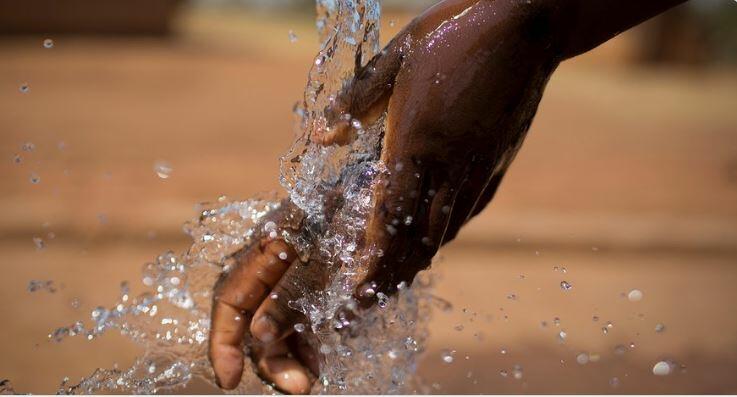
LSTM is one of the partners in organising several COVID-19 awareness campaigns, targeting millions of people in West and Central Africa. With UK Aid support these campaigns help audiences to protect themselves from infection and relieve the burden on struggling health systems.
Appearing in nine countries across a range of media – from radio and television to social media and billboards – the campaigns aim to combat misinformation about the virus and will focus in on the need for handwashing, physical distancing and wearing masks.
Health experts from LSTM and a range of partners including Sightsavers, SCI Foundation and Mott MacDonald will work alongside national ministries of health on the mass communications campaigns run by behaviour change experts M&C Saatchi World Services.
This response to COVID-19 is an extension of the UK’s Accelerating the Sustainable Control and Elimination of neglected tropical diseases programme (ASCEND) which combats neglected topical diseases.
Launched in September last year, in West and Central Africa, ASCEND is working to deliver 350 million treatments across 13 countries to treat five neglected tropical diseases (NTDs). By using staff and expertise from the programme to combat COVID-19 in nine West and Central Africa countries, the programme will also help combat other diseases by encouraging people to protect themselves and others from infection.
The campaigns will also complement UK Aid’s £100m communications partnership with Unilever and health charities which is targeting millions more people in poorer countries around the world to help advise them on how to protect themselves and others from infection.
UK Global Health Minister Wendy Morton said: “Neglected Tropical Diseases cause pain to over a billion people around the world. I’m proud of the huge work UK aid is doing to combat these diseases. But as health systems in these countries come under huge strain from coronavirus, it’s right that we look at where our work fighting other diseases can protect people from coronavirus as well. Hand washing, hygiene and masks can all save lives and this campaign will bring that message to millions of people.”
Sarah Martindale, UK Aid ASCEND West and Central Africa Programme Manager said: "I am proud that the Ascend West and Central Africa programme has been able to flex its work to support the fight against COVID-19. The pandemic has had a significant impact on NTD programmes in Africa by pausing NTD treatments. By supporting the COVID-19 response, we are helping Ministries of Health across our project countries to preserve the gains that have been made in the fight against NTDs, and to build our programmes back stronger."
Simon Bush, Director of NTDs for Sightsavers, said: “This is a global pandemic which needs a global response, and it is vital we use all the tools at our disposal to get help to as many people as possible. Many health systems have been struggling to meet the challenges of this devastating pandemic, but in some of the communities where we work the health systems are even less able to cope. Adapting our programmes means we not only help with the global recovery from this pandemic, but ensure we can continue to treat and eliminate neglected tropical diseases too.”
In West and Central Africa, ASCEND is also training health workers in the tracking and tracing of COVID-19 cases and offering ministries of health logistical support around infrastructure and planning.
The COVID-19 prevention messaging, which will be tailored to meet the needs of individual countries, will also reach out to marginalised groups, such as people with disabilities, nomadic pastoral populations and those in distant rural communities.
The work will also have add-on benefits for the struggle to eliminate NTDs. A clear example is messaging around handwashing which is key to tackling NTDs such as intestinal worms, schistosomiasis and trachoma.
The ASCEND programme runs in Benin, Burkina Faso, Central African Republic, Chad, Cote d'Ivoire/Ivory Coast, Democratic Republic of Congo, Ghana, Guinea, Guinea Bissau, Liberia, Niger, Nigeria and Sierra Leone.